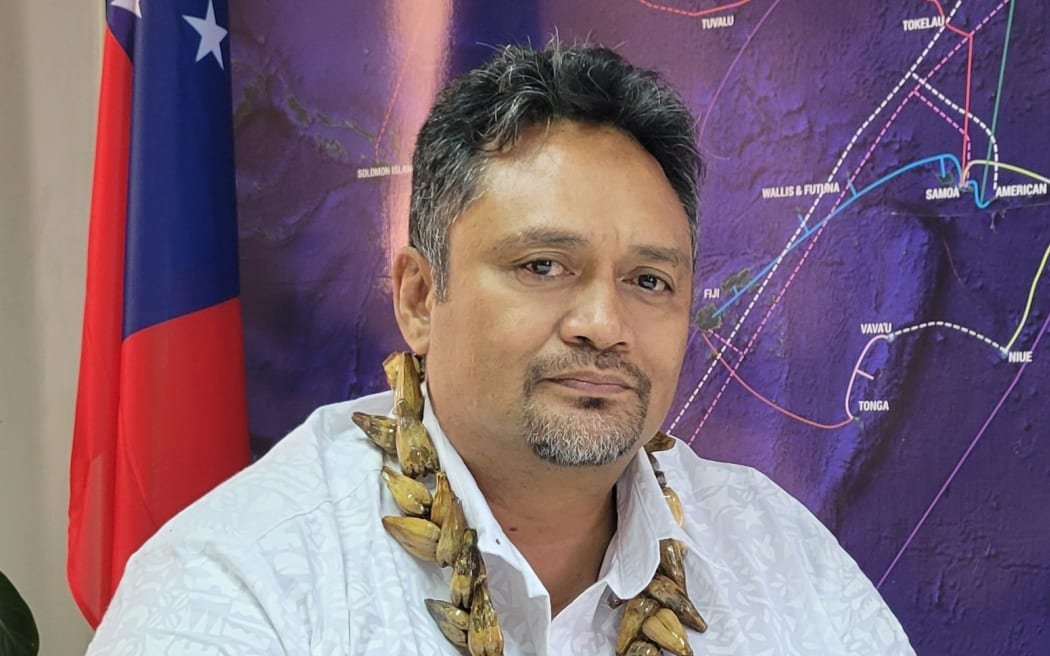
Civic space in Samoa is rated as ‘open’ by the CIVICUS Monitor. However, there have been concerns about defamation charges brought against critics and challenges for journalists in accessing state information.
In recent months, a journalist was intimidated by a minister for her reporting, while the criminal defamation law continues to be used to prosecute critics.
Expression
Minister slammed for intimidation of journalist
#Samoa: Minister pressures @samoaobserver’s #SialaiSarafinaSaneriva to reveal sources after summoning her to his office. Calls her “arrogant” and belittles her profession. #CFWIJ condemns this assault on press freedom. We demand the Minister apologizes & ceases harassing media pic.twitter.com/iw0ZohUyyX
— #WomenInJournalism (@CFWIJ) May 11, 2023
Samoa’s ranking in Reporters Without Borders’ (RSF) global press freedom index, released in May 2023, rose to 19th this year out of 180 countries from 45th in 2022.
Despite this, journalists in the country continue to face challenges. In May 2023, a Samoa government minister intimidated a Samoa Observer reporter Sialai Sarafina Sanerivi to reveal her sources.
According to the Coalition For Women In Journalism (CFWIJ), on 5th May 2023, journalist Sialai Sarafina Sanerivi was summoned to the Minister of Communications and Information Technology’s office regarding a story she was investigating on a seized shipping vessel that had arrived in Samoa two weeks before from neighboring American Samoa without the necessary approvals. Sanerivi was kept at the Minister’s office for two hours.
Unhappy with the Samoa Observer’s coverage of him, Minister Toelupe Poumulinuku Onesemo called the paper’s journalist “arrogant” and demanded she reveal her sources. When Sanerivi refused, the Minister threatened the journalist with detention. He then called his cousin, a police officer, to further pressure the journalist to name her sources. The same police officer later called the Samoa Observer warning Sanerivi not to publish anything related to the seized vessel and the Minister’s alleged involvement.
Samoa’s media association - The Journalists Association of Western Samoa - called for the minister to apologise. The group said Toelupe’s behaviour “shows abuse of power of a public officer”. The Samoa Observer newspaper, in an editorial, also condemned the treatment of its senior reporter.
The Coalition For Women In Journalism condemned “the Minister’s attempt to use his position and connections to coerce a journalist” and called on Samoan police to “immediately identify and discipline the police officer involved in pressuring the journalist”.
Defamation case against women ongoing
A US-based Samoan woman is facing defamation charges in the courts. As previously documented, in September 2022, it was reported that Perkins Feagiai Headly was detained when she travelled home to visit her family in Samoa. She is reportedly facing multiple defamation charges which stem from social media comments and accusations she allegedly made against the Prime Minister, the government and the Faatuatua i le Atua Samoa ua Tasi-FAST party.
In April 2023, it was reported that video recordings of social media posts by Perkins were submitted to the District Court by an expert police witness. The video recordings presented were part of initial investigations by the police into the matter between 25th August and 8th September 2022. The defamatory posts are believed to have been deleted from the same Facebook account after the accused changed her Facebook account details.
Samoa’s police chief calls for government to repeal criminal defamation law https://t.co/S9f9mU6cie
— Pita Ligaiula (@KaiSawaieke) February 16, 2023
Samoa’s criminal libel law or defamation law under section 117(A) of the Crimes Act 2013 was revived in 2017, despite opposition from media freedom advocates. A person found guilty of violating this law faces a three-month prison term. It has been criticised as a tool for harassing the media and a waste of police resources.
Such a law is inconsistent with the consensus that has grown in recent years in support of the decriminalisation of defamation. In General Comment 34, the UN Human Rights Committee urged states to decriminalise defamation and called on those retaining criminal defamation provisions to ensure that they do not carry the threat of imprisonment. Human rights courts, international and regional human rights bodies and human rights mandate-holders have similarly called for the repeal and reform of criminal defamation provisions.
In February 2023, Samoa’s police chief, Auapa’au Logoitino Filipo called on the government to repeal the defamation law. He said that “defamation claims should have remained as civil matters, not criminal.” He added: “We have other pertinent cases that require our attention, yet we are wasting our time and resources over defamation matters. We are now putting together a submission to the Cabinet to consider repealing this Act as soon as possible.”